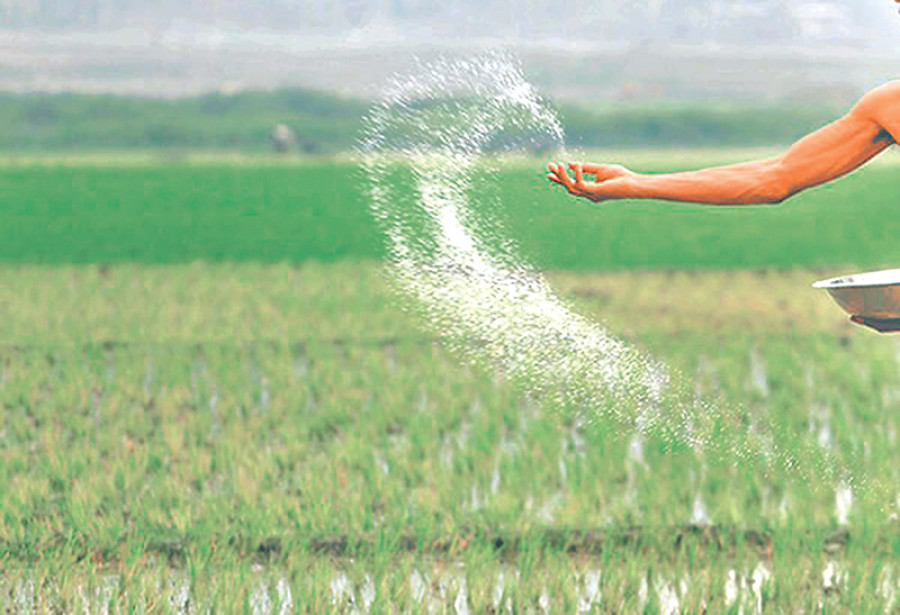Money
IBN to call for bids to build urea plant
Investment Board Nepal (IBN) is preparing to call for global tenders to build a urea fertilizer plant under the public-private partnership model in Dhalkebar, Dhanusha in southeastern Nepal.
Investment Board Nepal (IBN) is preparing to call for global tenders to build a urea fertilizer plant under the public-private partnership model in Dhalkebar, Dhanusha in southeastern Nepal.
According to well placed sources at IBN, the board has been working on the bidding documents in close cooperation with a high-level committee formed to recommend an appropriate modality to set up the factory.
IBN created the eight-member panel last August under the leadership of a member of the National Planning Commission (NPC) to recommend development modalities and advise the board if the government would need to provide viability gap funding to set up the fertiliser plant.
“We are planning to complete the preparations and call for global tenders within a couple of months,” said the source. “However, things will depend on how quickly the committee presents its recommendations.”
Currently, the committee is reviewing the detailed feasibility report for the fertiliser plant which was prepared by a consortium of consulting firms and approved by IBN.
The board had appointed a group consisting of Infrastructure Development Corporation and Institution of Agricultural Technologists of India and Shah Consult International of Nepal to prepare the report.
The feasibility report has pointed out the possibility of using three types of energy sources to produce urea fertiliser: natural gas, electrolysis and coal.
It has recommended using natural gas to produce urea due to lower establishment and production costs. According to the report, it will cost $1.3 billion to install a coal-based plant, $983 million to install an electrolysis-based plant and $665 million for a natural gas-based plant.
Likewise, the per tonne production cost of a natural gas-based plant will be $268 while the per tonne production costs of electrolysis- and coal-based plants will be $448 and $372 respectively.
The feasibility study has also revealed that a natural gas-based plant will consume 1,197 tonnes of natural gas daily, and recommended building a pipeline to ensure uninterrupted supply from any one of three Indian cities: Jagdishpur, Gorakhpur or Gaya. In order to import gas from Jagdishpur, the project will need to lay a 684-km pipeline.
The pipelines connecting Gorakhpur and Gaya will be 365 km and 300 km long respectively.
The feasibility report has recommended providing financial incentives to the developer such as 30 percent grant financing, excise duty exemption and a three-year tax moratorium.
The committee will also need to recommend to the government whether it should provide the developer a grant as viability gap funding as suggested by the consultants in the report.
“The bidding documents will be prepared after the committee selects the appropriate options for the construction of the plant based on the recommendations made by the consultant,” said the source.




 9.6°C Kathmandu
9.6°C Kathmandu














